When purchasing a car, the engine should always be your top priority. A faulty engine can lead to some really expensive repairs and a potentially very dangerous driving experience. Unfortunately, there are lots of vehicles that have become infamous for their engine reliability issues. Let’s explore some of the cars that are best avoided due to their poor engine quality.
Ford Fiesta (2011-2013)
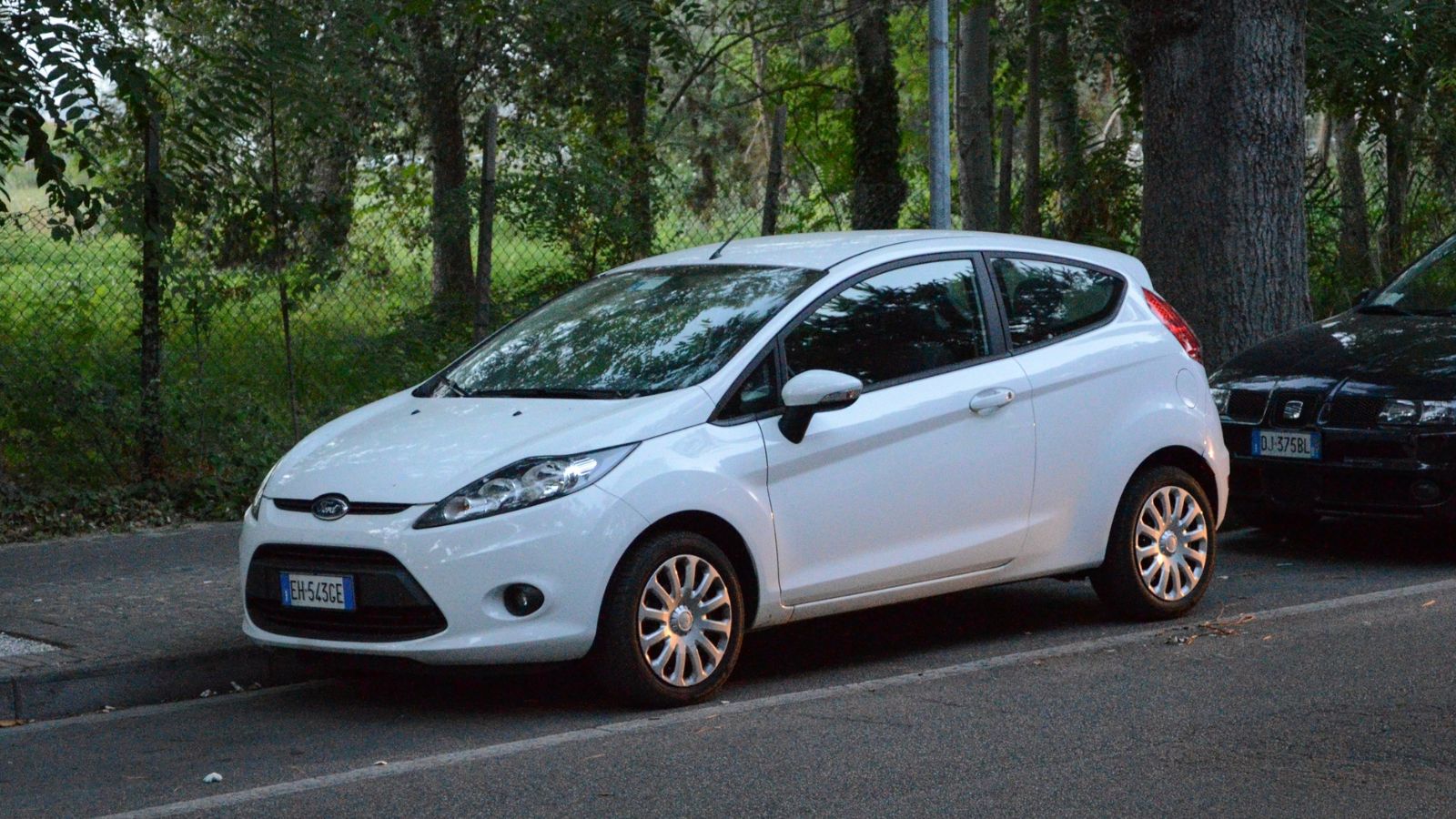
The 2011-2013 Ford Fiesta, particularly with the 1.0-liter EcoBoost engine, became notorious for engine problems. Owners frequently reported issues such as engine misfires, power loss, and abnormal engine noises. Additionally, the turbocharger often failed prematurely, leading to expensive replacements.
While the Fiesta is known for being fun to drive, these engine issues overshadow its appeal, making it a risky choice for buyers seeking reliability.
Dodge Journey (2009-2017)
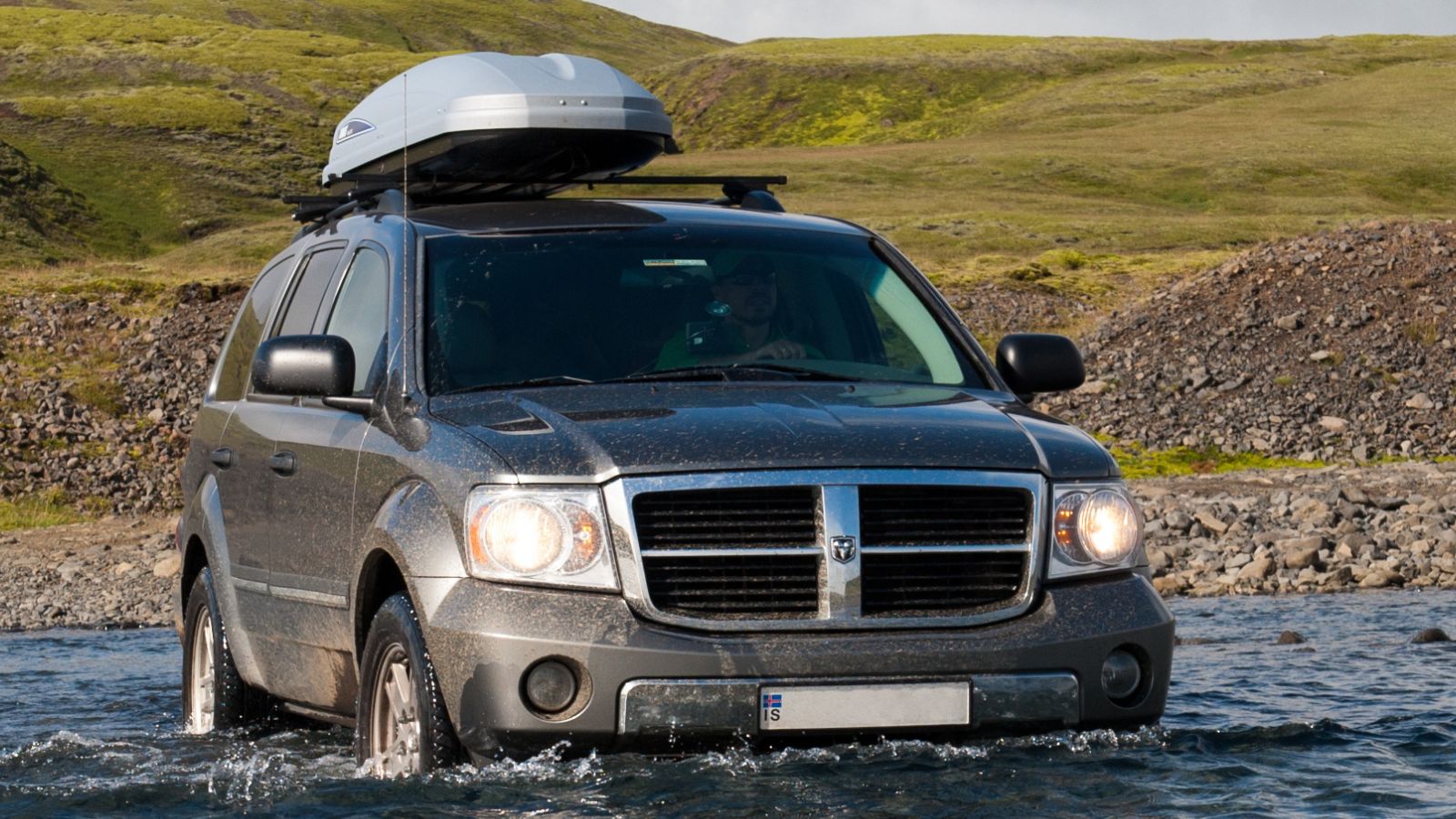
The Dodge Journey, produced between 2009 and 2017, is plagued by engine problems, especially in the 2.4-liter Tigershark engines found in early models. Common complaints include lots of oil consumption and engine stalling. The engine would often overheat or experience misfires, causing drivers to face sudden performance drops. These issues could even impact how well the car accelerates.
Audi A4 (2009-2012)
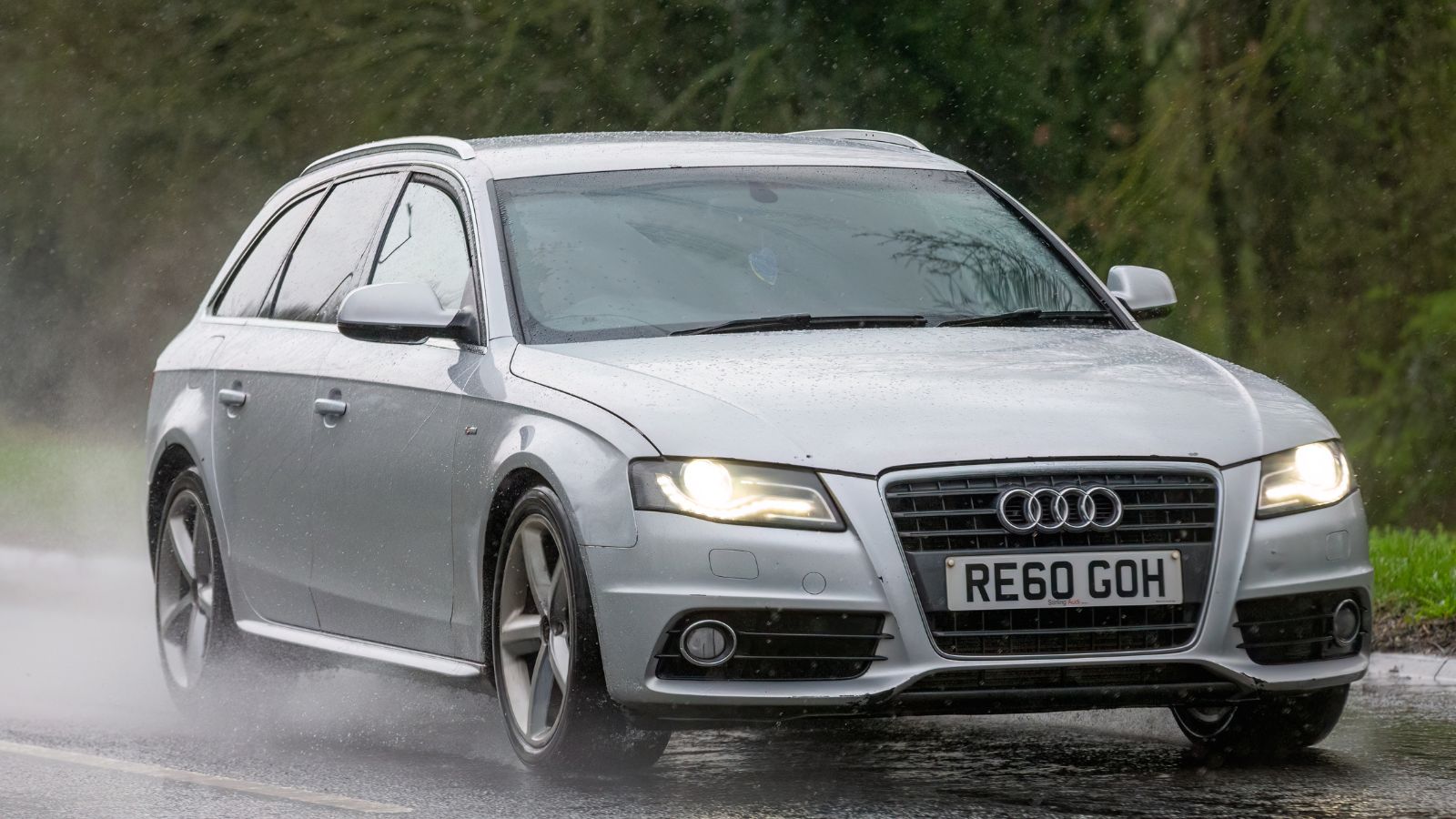
The 2.0-liter TFSI engine versions of this vehicle really struggled with engine-related issues. Problems such as excessive oil consumption and turbocharger failure were often found. These issues led to frequent visits to the mechanic, often requiring new components like the turbocharger or timing chain to keep the engine from breaking completely. If you want a luxury sedan with reliable engine quality, you may want to steer clear of these models!
Jeep Cherokee (2014-2016)
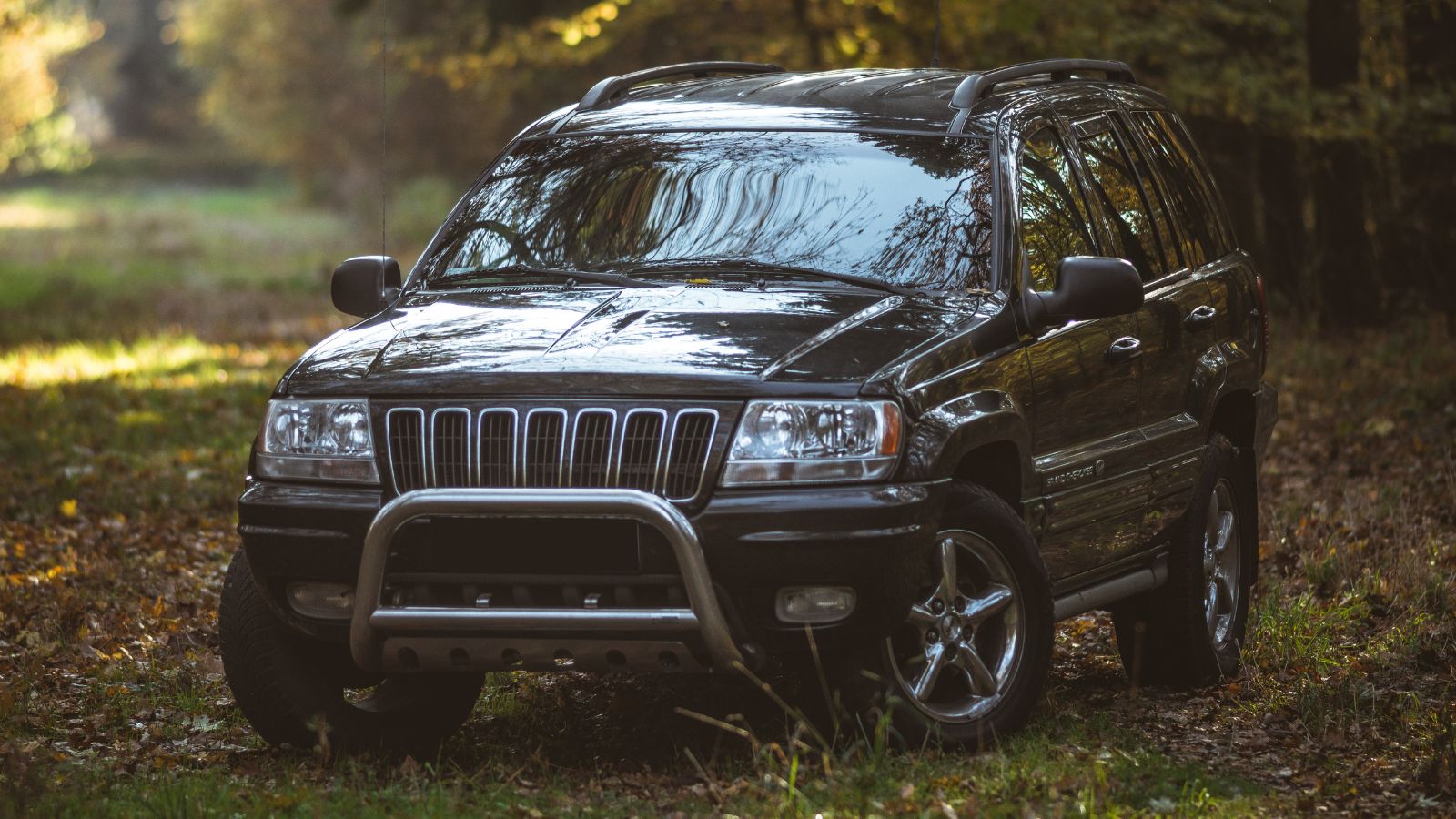
This vehicle also experienced problems with it’s 2.4-liter Tigershark engine, making it well known for its poor engine performance. Owners reported lots of oil leaks, engine stalling, and the same unresponsive acceleration as the Dodge Journey, especially under heavy loads.
These engine reliability issues made the Cherokee far less desirable for people who were looking for a dependable SUV. Owners often faced costly repairs to keep the vehicle running, so you should think about avoiding this model if you don’t want to drain your wallet.
Volkswagen Passat (2012-2014)
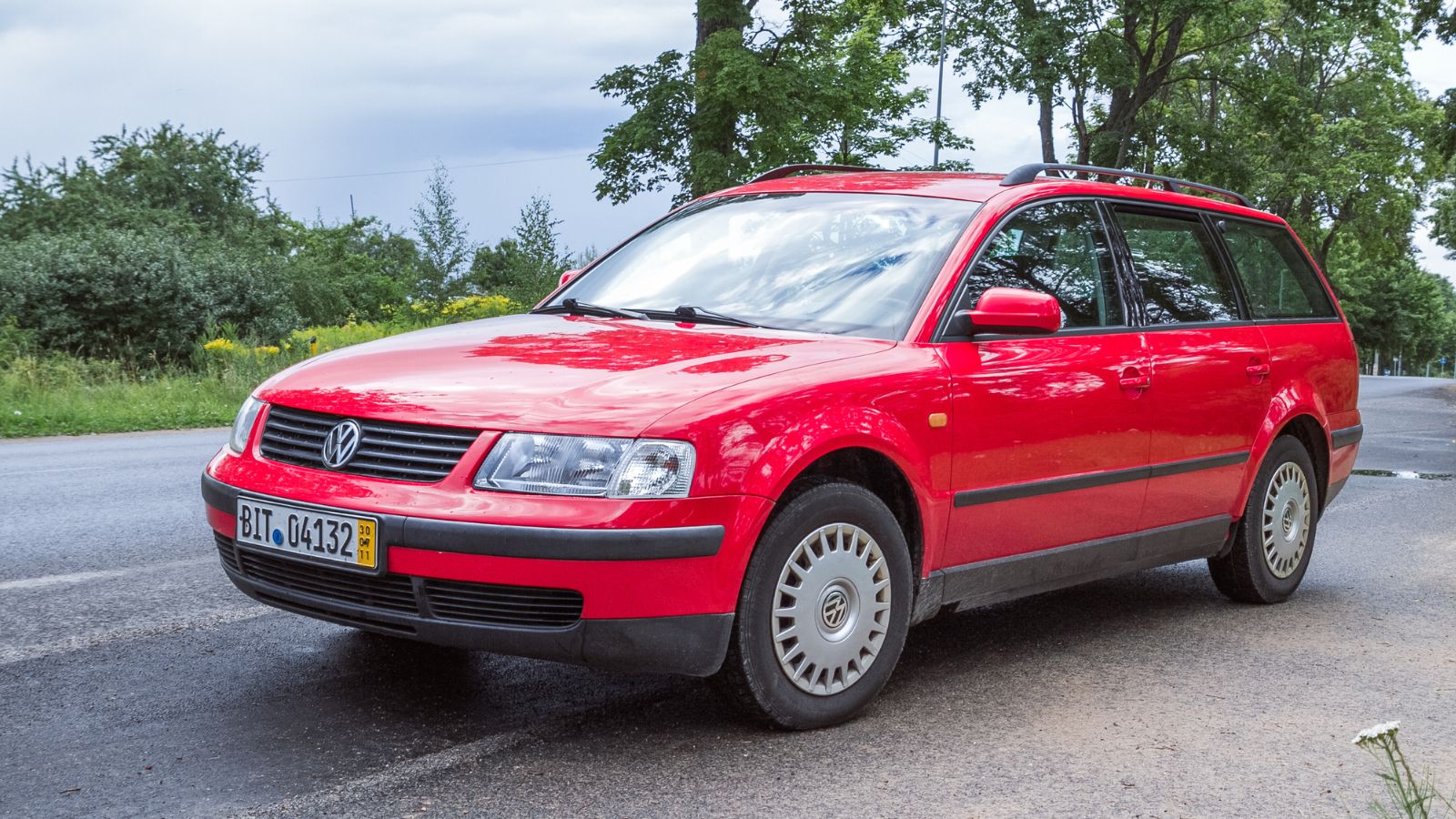
For those eyeing the 2012-2014 Volkswagen Passat, especially the diesel TDI versions, maybe you should think twice before committing. These models gained a big reputation for turbocharger issues and frequent misfires. The Dieselgate controversy didn’t help, as it exposed design flaws that undermined the reliability of the VW 2.0-liter TDI engines. Repair costs started to pile up quickly, and many owners began to question choosing this car.
BMW 3 Series (2011-2013)
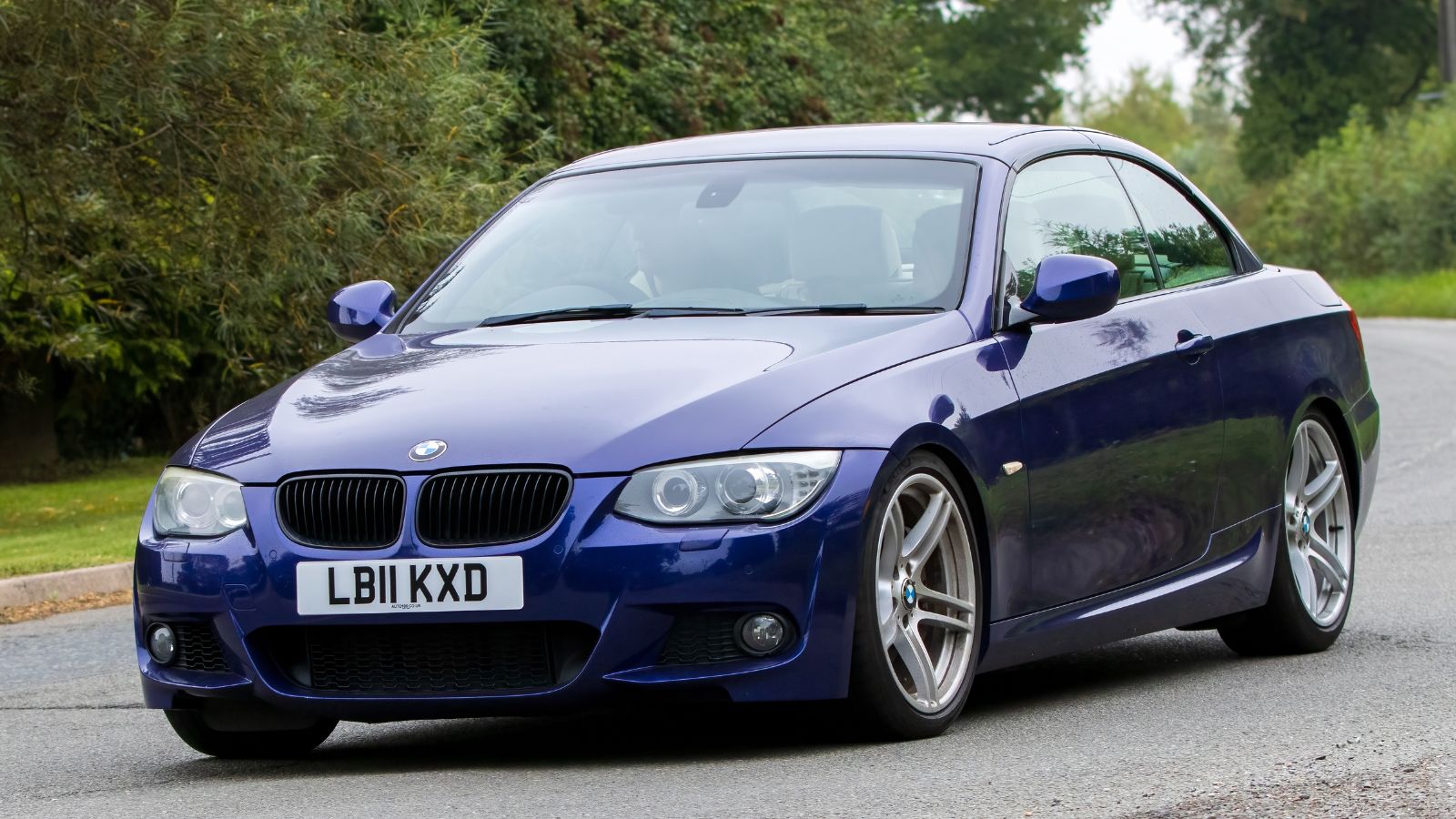
When it comes to BMW’s 2011-2013 3 Series, the turbocharged 328i and 320i models were notorious for their reliability. Timing chain failures, oil leaks, and even consumption problems turned what should have been a luxurious sedan into a money pit.
Despite their upscale appeal, these models demanded frequent, costly maintenance to keep running properly. If you still want to experience the Ultimate Driving Machine, why not consider another model from their extensive range?
Chrysler 200 (2011-2014)
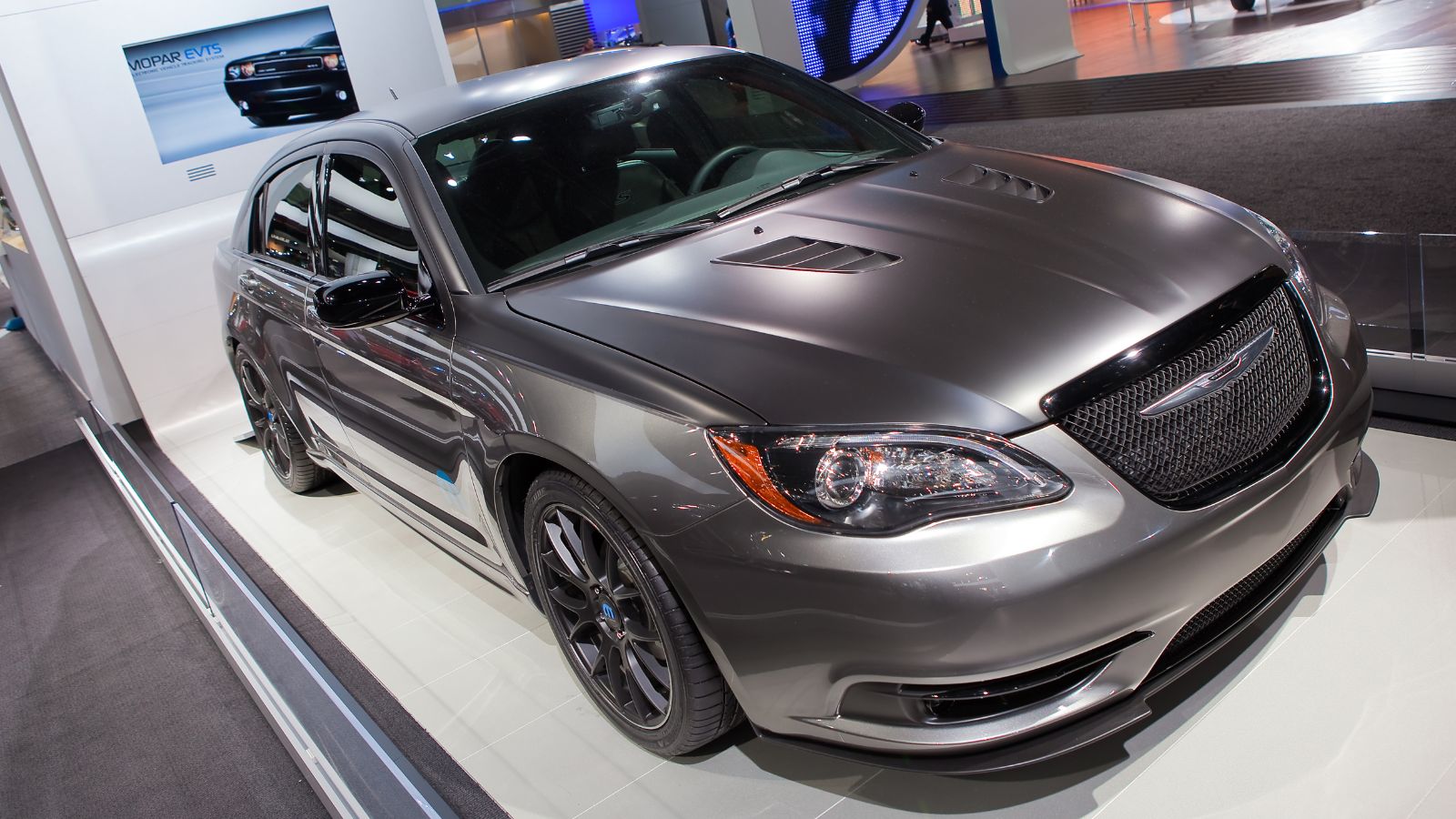
When considering reliability, the Chrysler 200 from 2011 to 2014 might not be your best pick. This sedan’s 2.4-liter 4-cylinder engine often struggled with stalling and overheating. Owners dealt with misfires and sluggish acceleration way too often.
Unfortunately, if you want to fix these issues, the Chrysler 200 will set you back a lot of money. After all, everyone hates stalling their car, so why choose a car that stalls itself?
Nissan Juke (2011-2014)
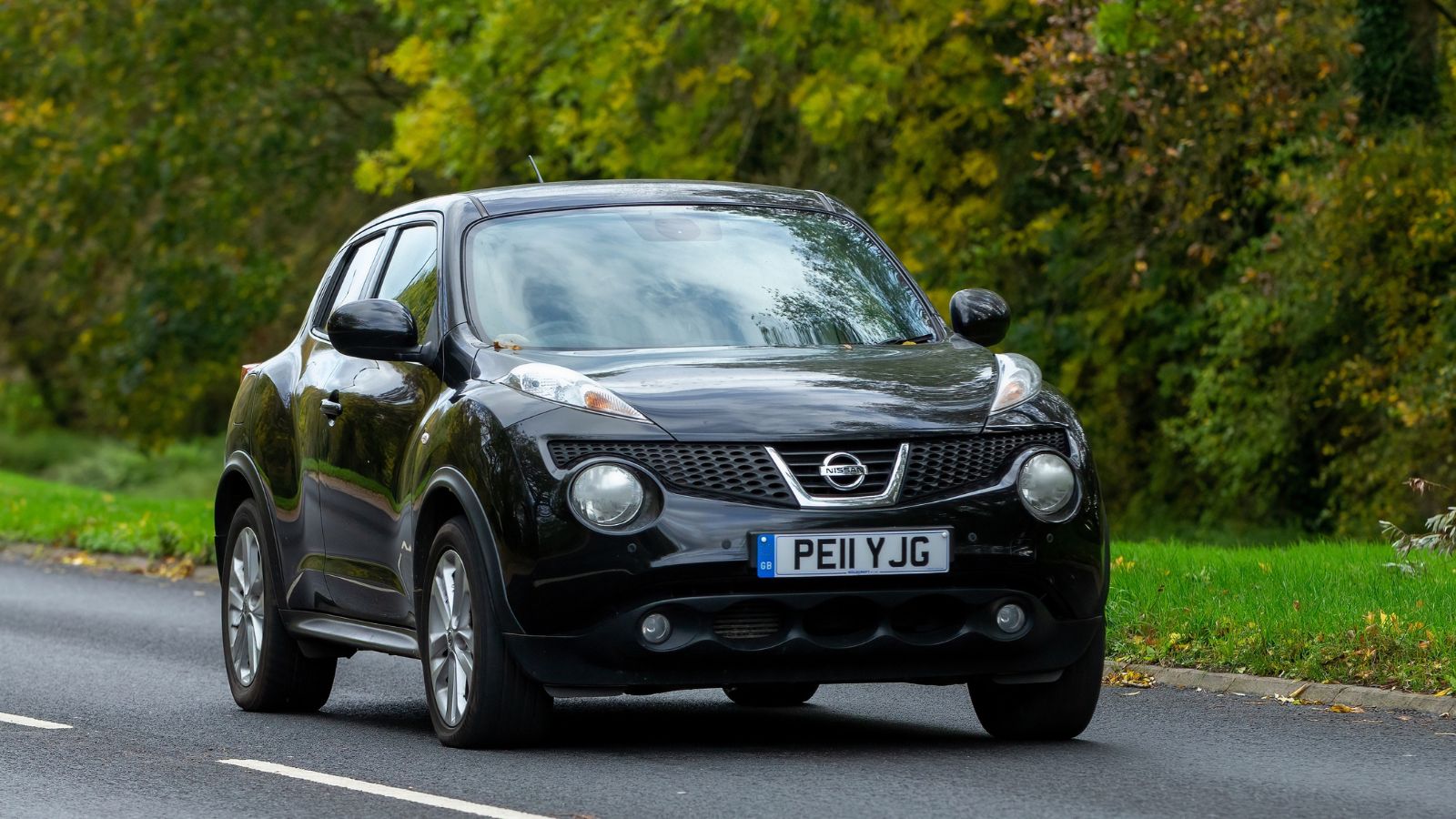
Quirky and compact, this vehicle turned heads with its unique design but quickly frustrated owners with its mechanical issues because it’s 1.6-liter turbocharged engine was prone to turbo failure. If you know anything about cars, then you know this is an extremely costly problem. Overheating was another common issue, something people believed was the result of an inadequate cooling system design.
Subaru Impreza (2012-2014)
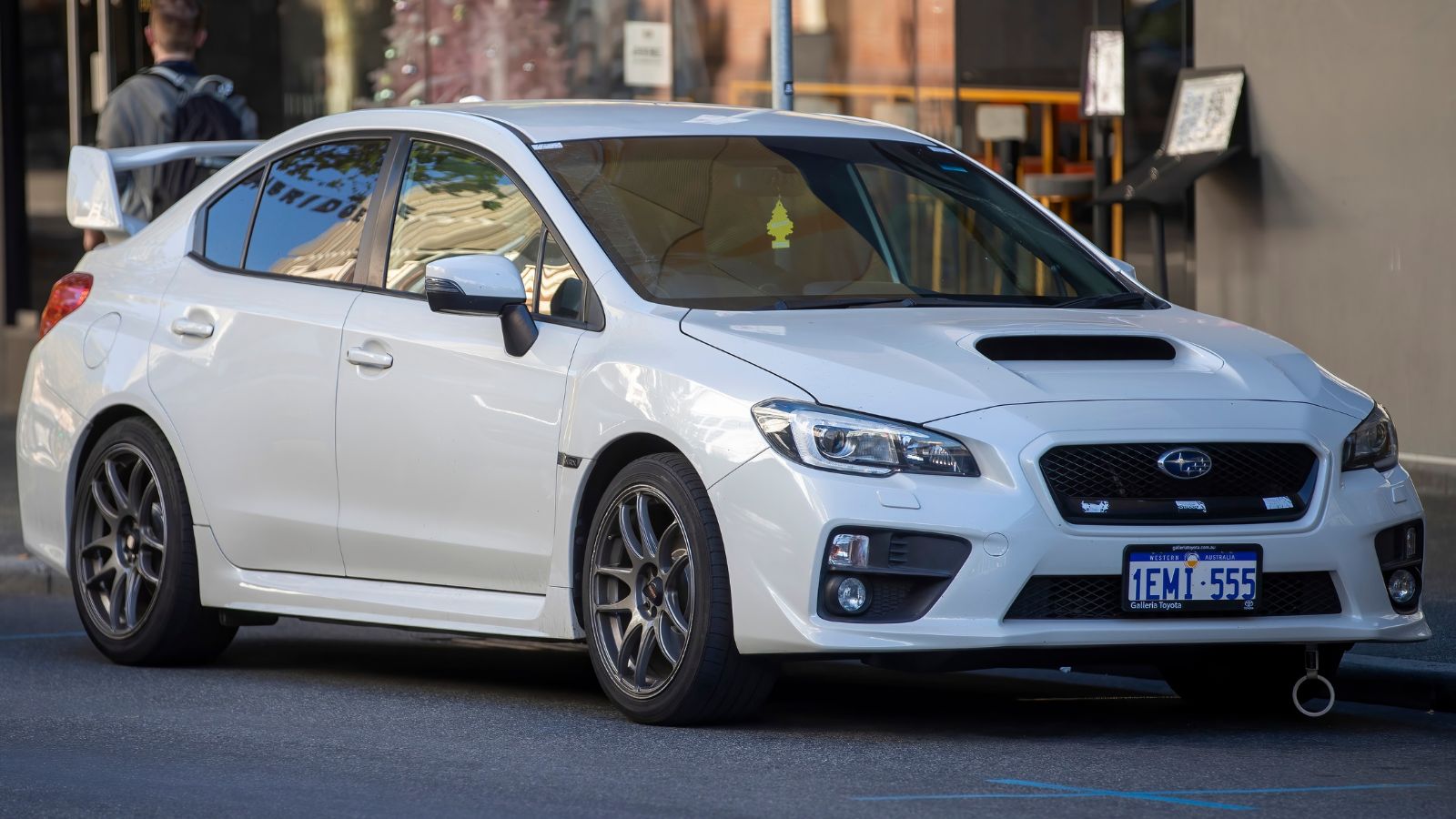
Aimed to deliver versatility and performance, the 2.0-liter Boxer engine of this vehicle became a sore spot for many drivers. Head gasket failures were a key weak point, often resulting in overheating and expensive repairs. Misfires and rough engine performance were frequently reported, adding to the Impreza’s maintenance challenges.
Despite its all-wheel-drive advantage, these reliability issues have absolutely ruined its appeal for people looking for a sporty four wheel drive car.
Ford Focus (2012-2016)
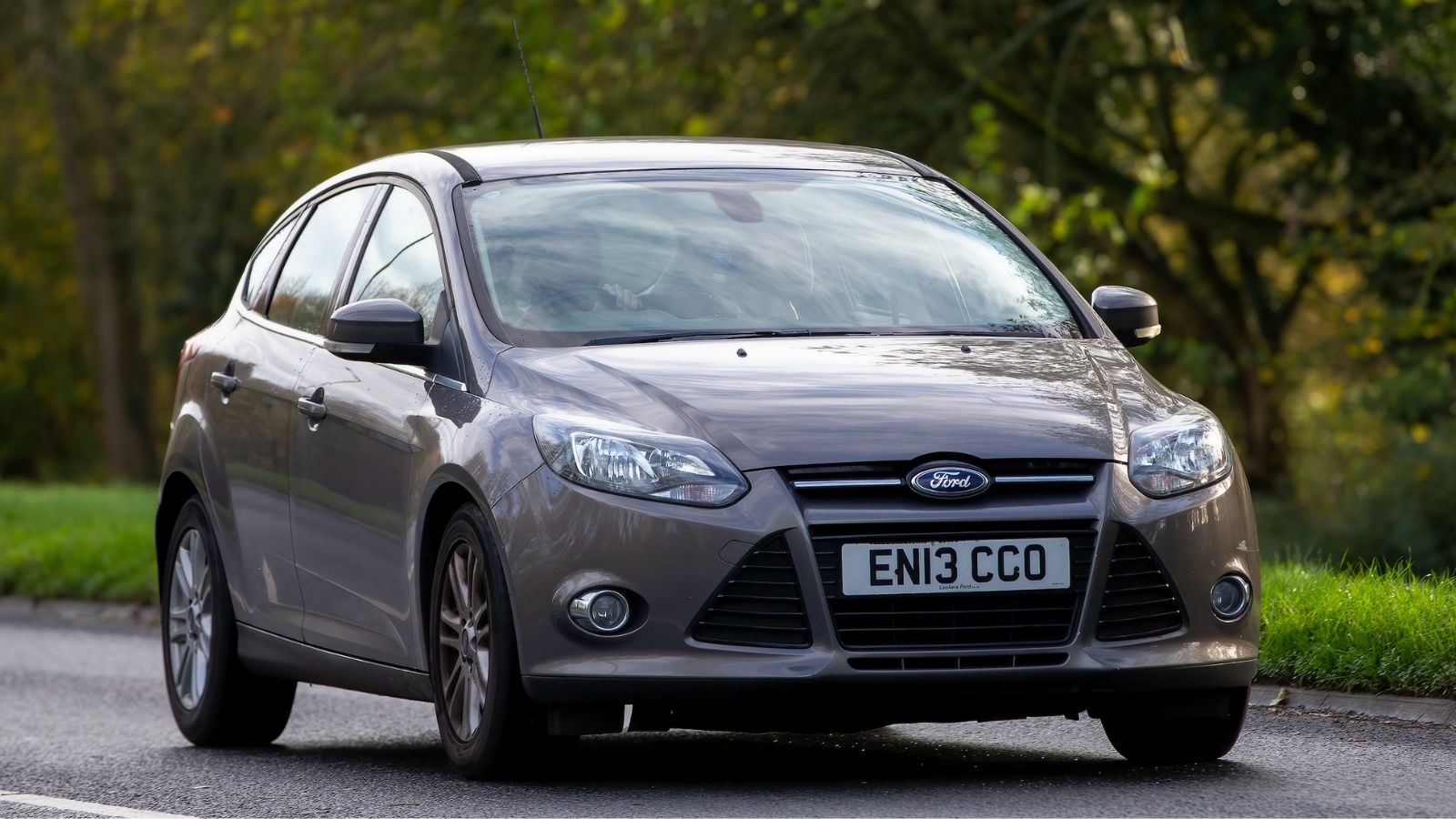
Models equipped with the 2.0-liter and 2.3-liter EcoBoost engines frequently experienced timing chain failures, which could cause catastrophic engine damage if people didn’t replace them before they broke. Cooling system malfunctions led to overheating and a long wait for drivers who were just trying to get to work. On top of this, misfires and hard starts were linked to fuel delivery issues and sensor malfunctions.
Mercedes-Benz C-Class (2008-2011)
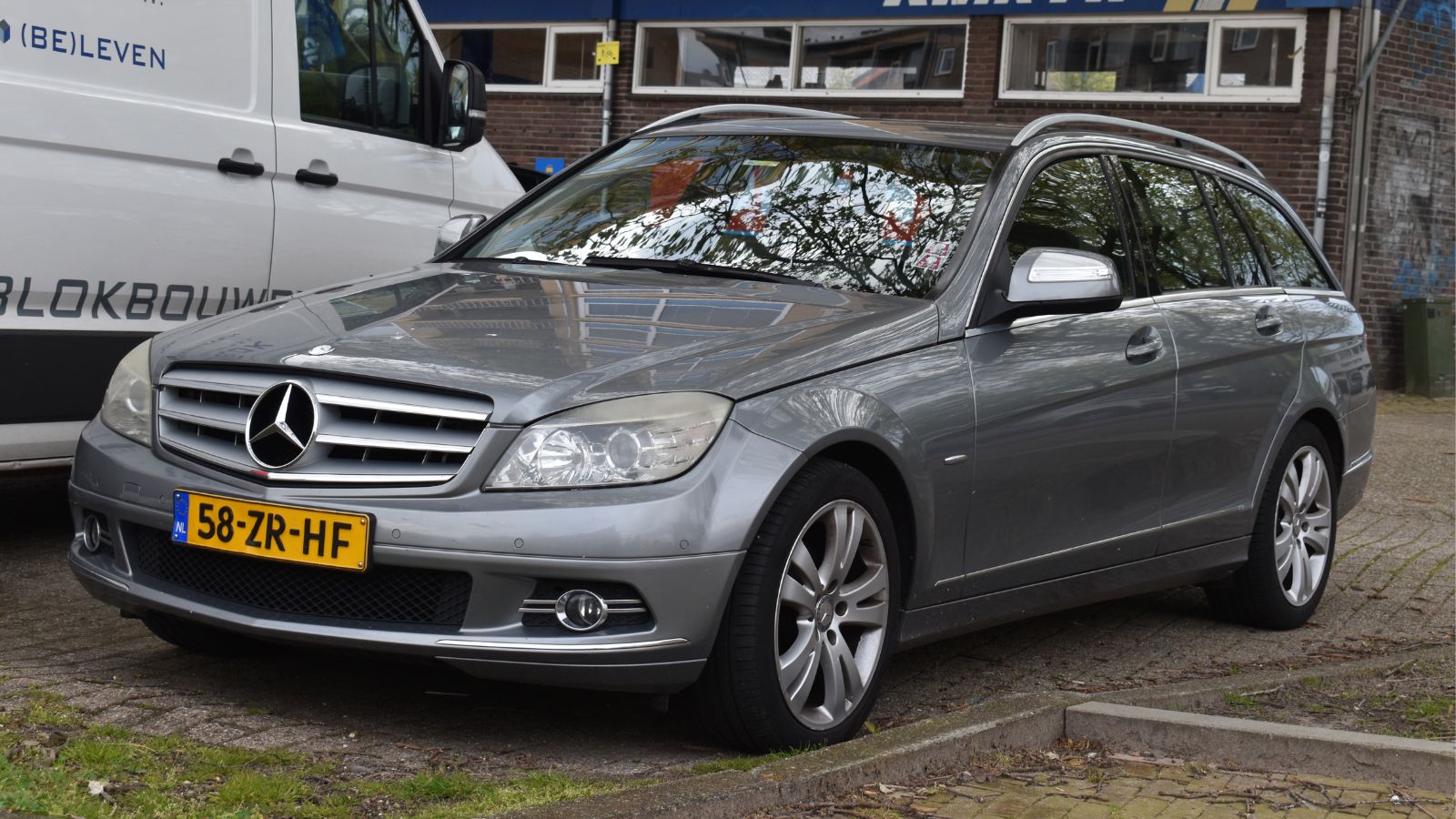
Luxury vehicles should exude dependability, but the 2008-2011 Mercedes-Benz C-Class fell short for many owners. Both the 2.5-liter and 3.5-liter V6 engines were plagued with oil leaks, often due to bad seals or gasket problems. Misfires and engine roughness cropped up frequently, detracting from the smooth driving experience many were promised.
Mini Cooper (2011-2013)
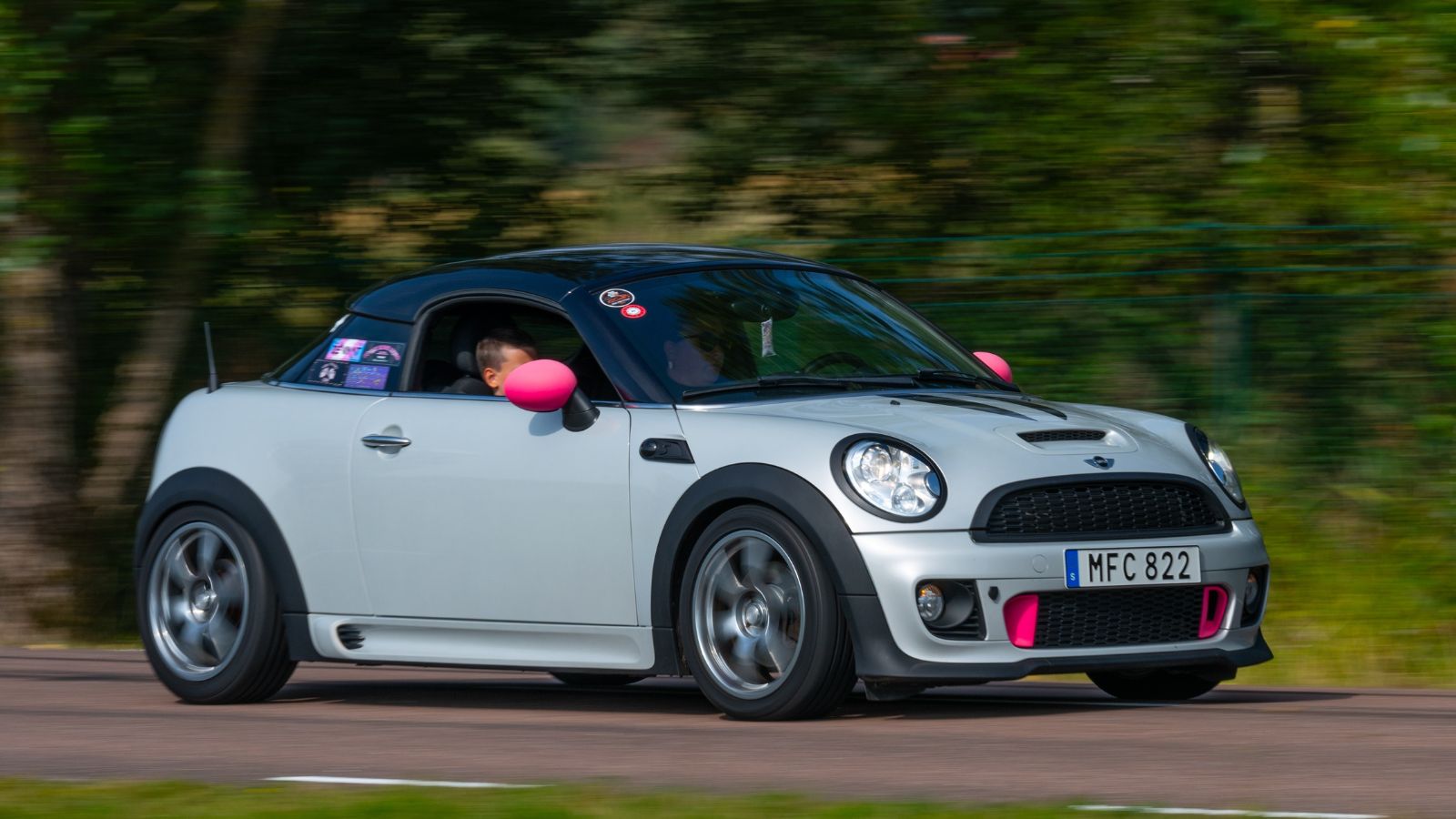
With its retro-inspired design, the Mini Cooper has always captured plenty of attention, but its dark side is definitely it’s reliability. Turbocharger failures resulted in a sudden loss of power and extremely high repair costs.
Oil leaks from poorly designed gaskets and seals also added to the headaches of owning one of these machines. Cooling system defects, including radiator and thermostat issues, increased the likelihood of overheating. So, for a small car that is supposed to be fun and nimble, the Mini had some really big problems that could leave an even bigger dent in your savings.
Kia Optima (2011-2013)
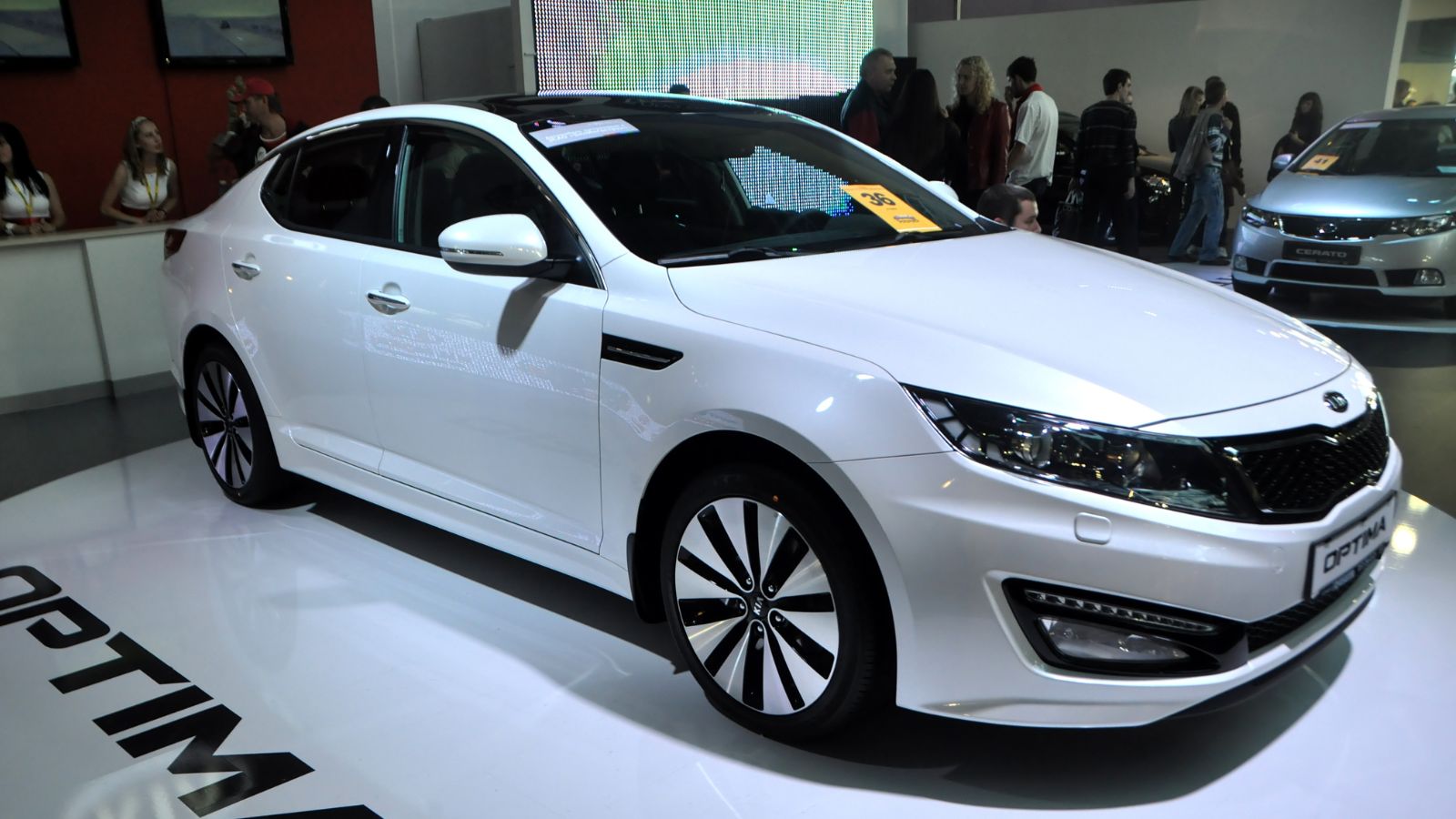
The 2.4-liter engines of these cars were especially prone to problems. People often reported that the rod bearings could lead to engine failure. Many drivers also reported rough idling and unexpected power loss, making the Optima a very risky car to own.
If you wanted to buy an affordable car like the Kia Optima, there might be other options out there that won’t set you back lots of money fixing it.
Chevrolet Malibu (2011-2015)
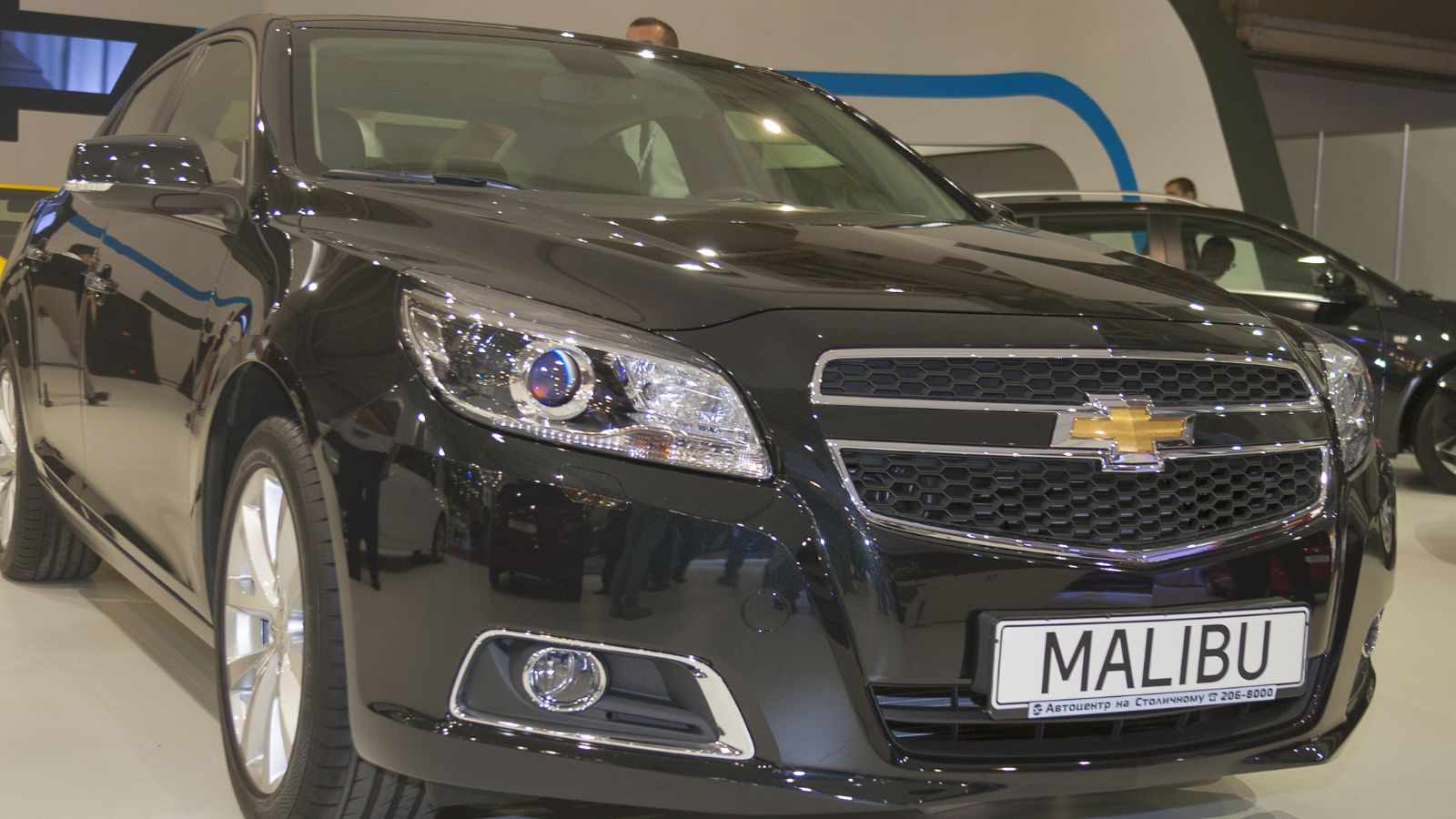
No one wants a car that stalls without any notice. Sluggish acceleration was another common gripe with the Chevrolet Malibu. People have linked these issues with the throttle body or fuel system issues in this car. To make matters worse, complete engine failures were also reported! These problems completely overshadowed the Malibu’s strong points, making it almost impossible to recommend it to someone as a good car to buy.
Toyota Prius (2010-2013)
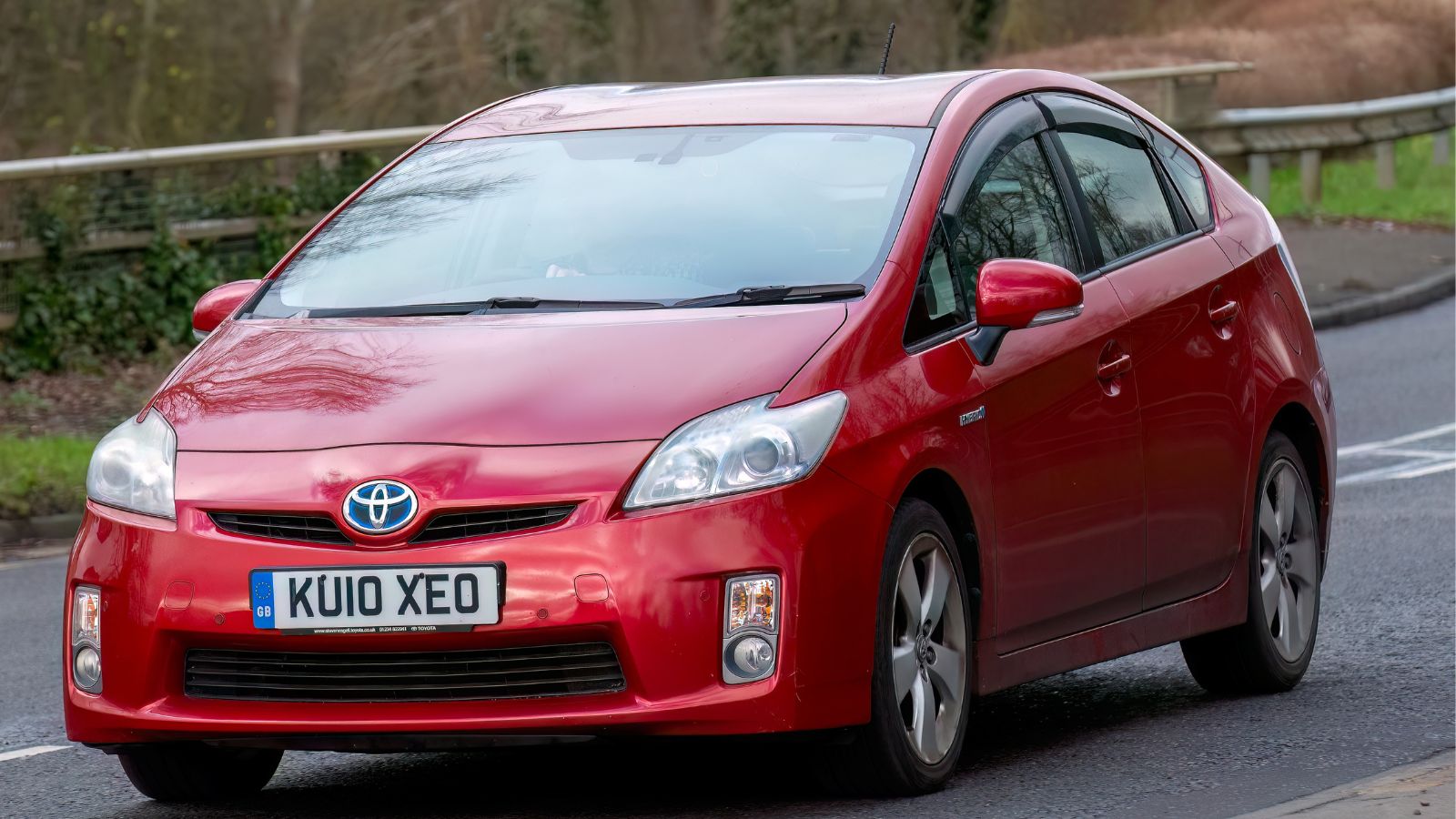
Despite Toyota’s reputation for bulletproof reliability, the 2010-2013 Prius faced some surprising challenges. The hybrid powertrain often caused performance issues in the engine, including misfires and some weird idling. Excessive oil consumption was another recurring problem, which could lead to serious engine damage if you didn’t address it.
Hybrid battery failures also happened, particularly in higher-mileage models, leaving owners with steep replacement costs. All of these issues took away from the Prius’s eco-friendly and reliable appeal.
More From Country Going

For more auto news and stories, follow Country Going on MSN!
Click the ‘follow‘ button above this post, or simply go to Country Going’s profile page and hit the follow button there. Thank you for subscribing!
